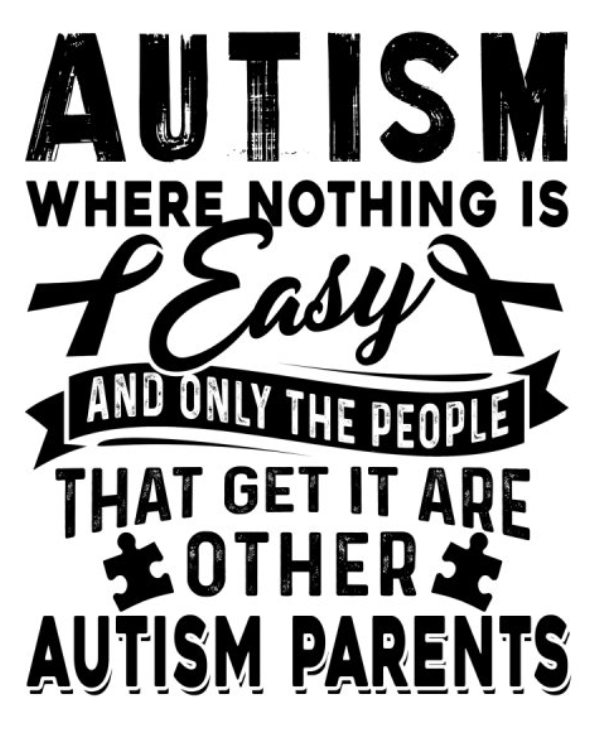What Now? Life after a formal diagnosis of Autism

For some families, having a diagnosis that explains their child’s speech, behavioural and emotional issues is a relief. However, for others, it may be a complete shock and a rather challenging issue to come to terms with.
From a psychologist’s point of view (for me at least), a diagnosis is actually a positive turning point for children with Autism. It provides those who interact and/or educate the child with a better understanding of the child’s presenting issues. It gives these adults a clearer framework in which they can effectively communicate and teach the child. A formal diagnosis also opens up avenues to government funding for intervention that will ensure the child receives the support he/she needs to thrive with the condition they have.
Nonetheless, I can also understand how in certain cultures and societies a diagnosis of Autism is shunned upon. For families coming from cultural groups who are not familiar with Autism, the diagnosis is often related to feelings of ‘shame’, ‘embarrassment’, ‘disgrace’ or is seen to be equivalent or at least feel as if it is a ‘death sentence’ to the child’s future.
A diagnosis does not change who the child is and how they behave. All a diagnosis does is provide (or attempts to do so) an explanation for why the child may be presenting with the difficulties and differences that they do.
The following is some advice I found to really resonate with some of the parents I work with and I hope those reading this blog may find it beneficial in their journey with Autism.
- Give yourself time to read, research and ask questions. Avoid jumping to conclusions and do not make assumptions. Don’t let the diagnosis intimidate you.
- Remember the sweet child you love. The diagnosis DID NOT change who they are. The challenges you and your child are facing now may one day pass. With intervention, there is a real possibility that you may overcome the difficulties you experience.
- It is not your fault! There is nothing you could have done differently to prevent Autism.
- Don’t let people who haven’t got a clue about Autism cause you to feel humiliated and ashamed.
- Do not isolate yourself or your child because of Autism. Reach out for help. While it is true that some of your friends may stop socialising with you because they do not understand the meltdowns, the necessity for routine and structure, there are also many parents who have similar experiences. Parent support groups or online groups can be helpful.
- Remember to take a step back and breathe. Don’t lose your sense of humour. You can dwell on all the ‘what-ifs’ and the ‘should-haves’ or you can work towards acceptance of the situation and look for the joyous moments around you. The truth is, whether a child has Autism or not, kids are kids, and kids have and are fun! Kids say and do the funniest things, so try to enjoy these moments.
For the full article of the do’s and dont’s after an Autism diagnosis, read the following article: https://www.autismspeaks.org/blog/dos-and-donts-after-autism-diagnosis
 | This blog was written by Dr Aiyuen (Shannon) Choong, Psychologist at Your Mind Matters. Aiyuen is fluent in English and Mandarin, and is passionate about working with children from preschool years through to adolescence. To learn more about Aiyuen, click here. |
